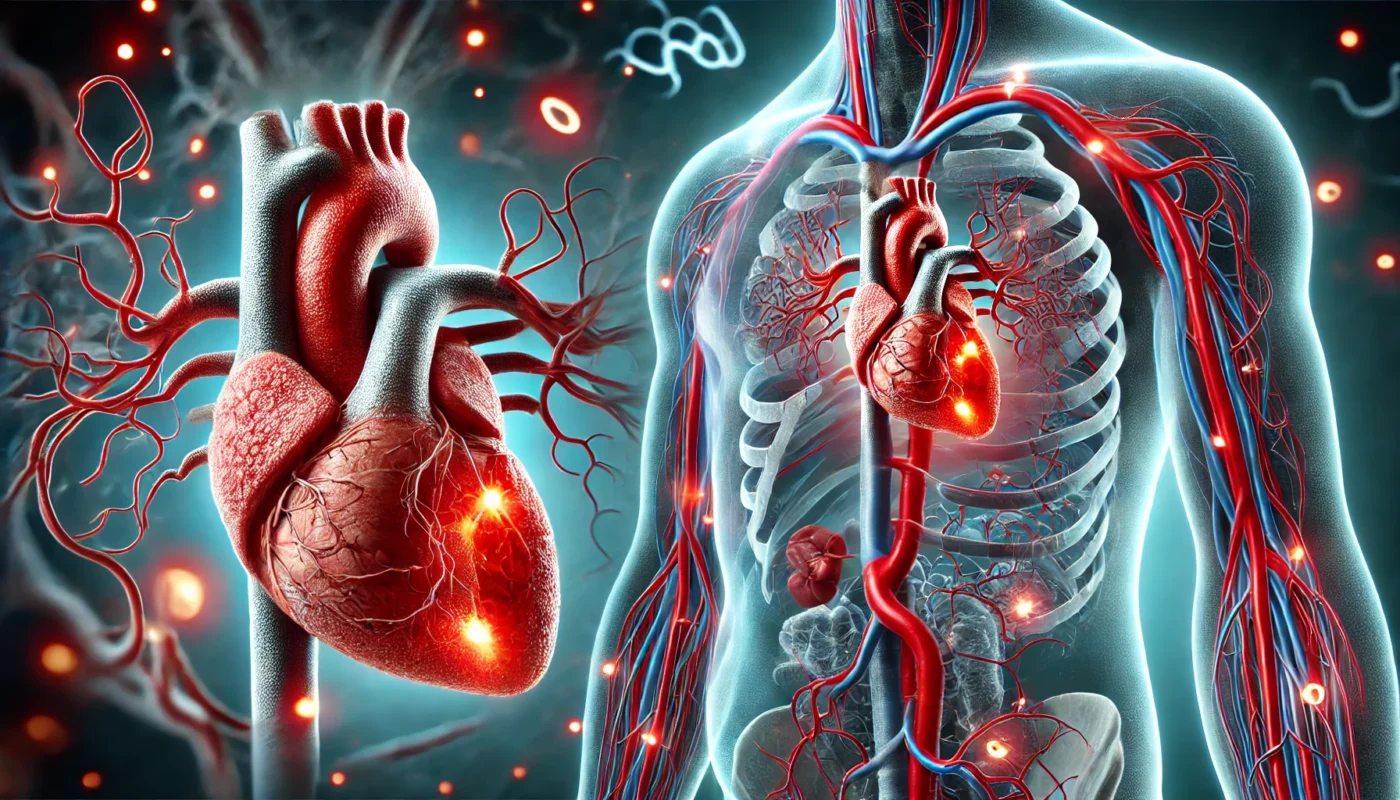In the journey of life, emotional upheavals are inevitable. Whether it’s stress from work, the end of a relationship, or the grieving of a loved one, emotional recovery is crucial for regaining balance and well-being. Emotional recovery doesn’t happen overnight, but with holistic support, it can be a transformative process. This article explores various techniques for emotional recovery, drawing on holistic approaches and the healing power of nature, nutrition, and mindfulness. Our goal is to equip you with practical strategies to aid your emotional healing journey.
Tag Archives: Mindfulness
Chronic wounds are those that fail to heal in a predictable manner, often lingering for weeks or even months. Common examples include diabetic ulcers, pressure ulcers, and venous ulcers. These wounds can be debilitating, leading to significant discomfort and increased risk of infection. The complexity of chronic wounds necessitates a multifaceted approach to treatment, combining traditional and alternative therapies.
Chronic inflammation: a term that might sound slightly intimidating, and rightfully so. It’s a silent aggressor lurking within the body, often going unnoticed until it manifests as something more severe. In this article, we’ll delve into the intricacies of chronic inflammation, exploring why inflammation can be detrimental to your health and how to manage it effectively.
Chest inflammation can be a perplexing condition, often leaving many individuals searching for answers on how to alleviate its discomforting symptoms. As an expert in health and wellness, I’m here to demystify this topic, providing you with a comprehensive overview of the causes and symptoms of chest inflammation, along with practical advice on how to manage and reduce it effectively.
Inflammation is a natural and essential process that helps the body heal and fight off infections. When an injury or pathogen triggers this response, the immune system releases various chemicals to protect the affected area. These chemicals increase blood flow, causing redness, warmth, and swelling. While acute inflammation is beneficial, chronic inflammation can be detrimental, leading to various health issues, including hypertension.
Holistic health care is a comprehensive approach that considers the whole person—body, mind, spirit, and emotions—in the quest for optimal health and wellness. The primary philosophy is that if one part of your body isn’t functioning properly, it affects your overall health.
Holistic medicine is based on the principle that health is a state of complete physical, mental, and social well-being, not merely the absence of disease. It involves a wide range of practices and treatments that may include nutrition, lifestyle modifications, herbal remedies, acupuncture, massage therapy, and mindfulness techniques. The goal is to promote optimal health by addressing the root causes of illness and imbalances.
Holistic health care is an integrative approach that considers the whole person—body, mind, spirit, and emotions—in the quest for optimal health and wellness. The philosophy behind holistic medicine is that one can achieve optimal health by gaining proper balance in life. Practitioners of holistic health care use a variety of treatment techniques to help their patients take responsibility for their well-being and achieve optimal health. These may include:
Holistic health is an integrative approach that emphasizes the interconnectedness of various aspects of an individual’s well-being. Rather than isolating a particular ailment, holistic methods involve a comprehensive examination of lifestyle, nutrition, stress levels, and emotional health to determine the root cause of an issue. This multi-faceted approach encourages individuals to consider their health from a broader perspective, promoting a balance that fosters natural healing processes.
Acupuncture, a practice rooted in Traditional Chinese Medicine (TCM), involves the insertion of fine needles into specific points on the body to promote healing and alleviate pain. This ancient technique is gaining recognition in the modern medical community for its effectiveness in managing pain. By harmonizing the body’s energy and addressing deeper imbalances, acupuncture can offer profound benefits beyond mere symptom relief.










